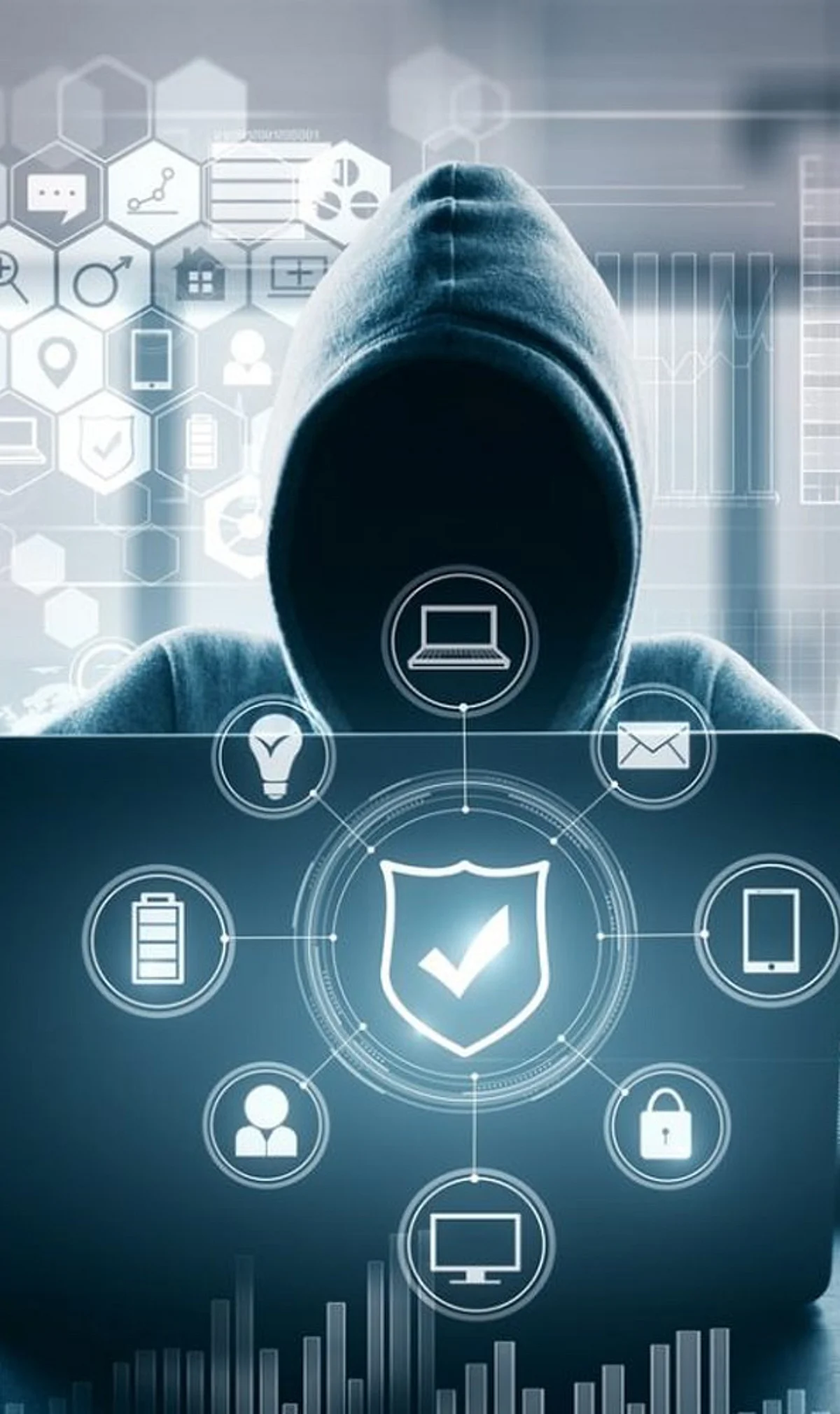Business
Discover If Your Data Was Breached and How to Protect Yourself

Determining whether your personal data has been compromised is crucial in today’s digital landscape. With an increase in data breaches affecting millions, knowing how to check if your information has been exposed can help you take necessary steps to secure your accounts and protect your identity.
Checking for a Data Breach
Start by using reputable online tools like Have I Been Pwned?, a service that allows users to check if their email addresses or phone numbers have been involved in known data breaches. This tool aggregates data from various breaches, including significant incidents involving major companies such as Equifax and Facebook. After entering your information, the site will inform you if there are any breaches associated with your accounts.
It’s advisable to check this regularly, especially following high-profile breaches. For instance, the Equifax breach in September 2017 affected approximately 147 million individuals, exposing sensitive data including Social Security numbers and credit card information. Keeping informed on such incidents can help you stay one step ahead.
Steps to Secure Your Accounts
If you discover that your data has been compromised, take immediate action. Start by changing passwords for affected accounts. Utilize strong, unique passwords for each account to enhance security. Password managers can assist in generating and storing complex passwords, reducing the temptation to reuse them, which is a common practice that increases vulnerability.
In addition to changing passwords, enable two-factor authentication (2FA) wherever possible. This extra layer of security requires not only a password but also a secondary verification method, such as a code sent to your mobile device. Implementing 2FA can significantly reduce the risk of unauthorized access.
Stay informed about your rights regarding data breaches. The Federal Trade Commission (FTC) provides resources on what to do if your information has been compromised, including guidance on reporting identity theft and steps for recovery. Organizations like the Privacy Rights Clearinghouse also offer valuable information on safeguarding personal data.
Monitoring your financial accounts is another critical step. Regularly reviewing bank and credit card statements can help you detect any unauthorized transactions early. If you notice anything suspicious, report it to your bank or credit card issuer immediately.
Finally, consider subscribing to a credit monitoring service. These services can alert you to any changes in your credit report, helping you respond quickly to potential identity theft. While these services often come with a fee, the peace of mind they offer can be invaluable.
In summary, staying vigilant and proactive is essential in protecting your personal information. With the rise in data breaches, taking the time to check if your data has been compromised and implementing security measures can help safeguard your identity and finances.
-

 Lifestyle4 months ago
Lifestyle4 months agoLibraries Challenge Rising E-Book Costs Amid Growing Demand
-

 Sports4 months ago
Sports4 months agoTyreek Hill Responds to Tua Tagovailoa’s Comments on Team Dynamics
-

 Sports4 months ago
Sports4 months agoLiverpool Secures Agreement to Sign Young Striker Will Wright
-

 Lifestyle4 months ago
Lifestyle4 months agoSave Your Split Tomatoes: Expert Tips for Gardeners
-

 Lifestyle4 months ago
Lifestyle4 months agoPrincess Beatrice’s Daughter Athena Joins Siblings at London Parade
-

 World4 months ago
World4 months agoWinter Storms Lash New South Wales with Snow, Flood Risks
-

 Science3 months ago
Science3 months agoSan Francisco Hosts Unique Contest to Identify “Performative Males”
-

 Science4 months ago
Science4 months agoTrump Administration Moves to Repeal Key Climate Regulation
-

 Business4 months ago
Business4 months agoSoFi Technologies Shares Slip 2% Following Insider Stock Sale
-

 Science4 months ago
Science4 months agoNew Tool Reveals Link Between Horse Coat Condition and Parasites
-

 Sports4 months ago
Sports4 months agoElon Musk Sculpture Travels From Utah to Yosemite National Park
-

 Science4 months ago
Science4 months agoNew Study Confirms Humans Transported Stonehenge Bluestones









